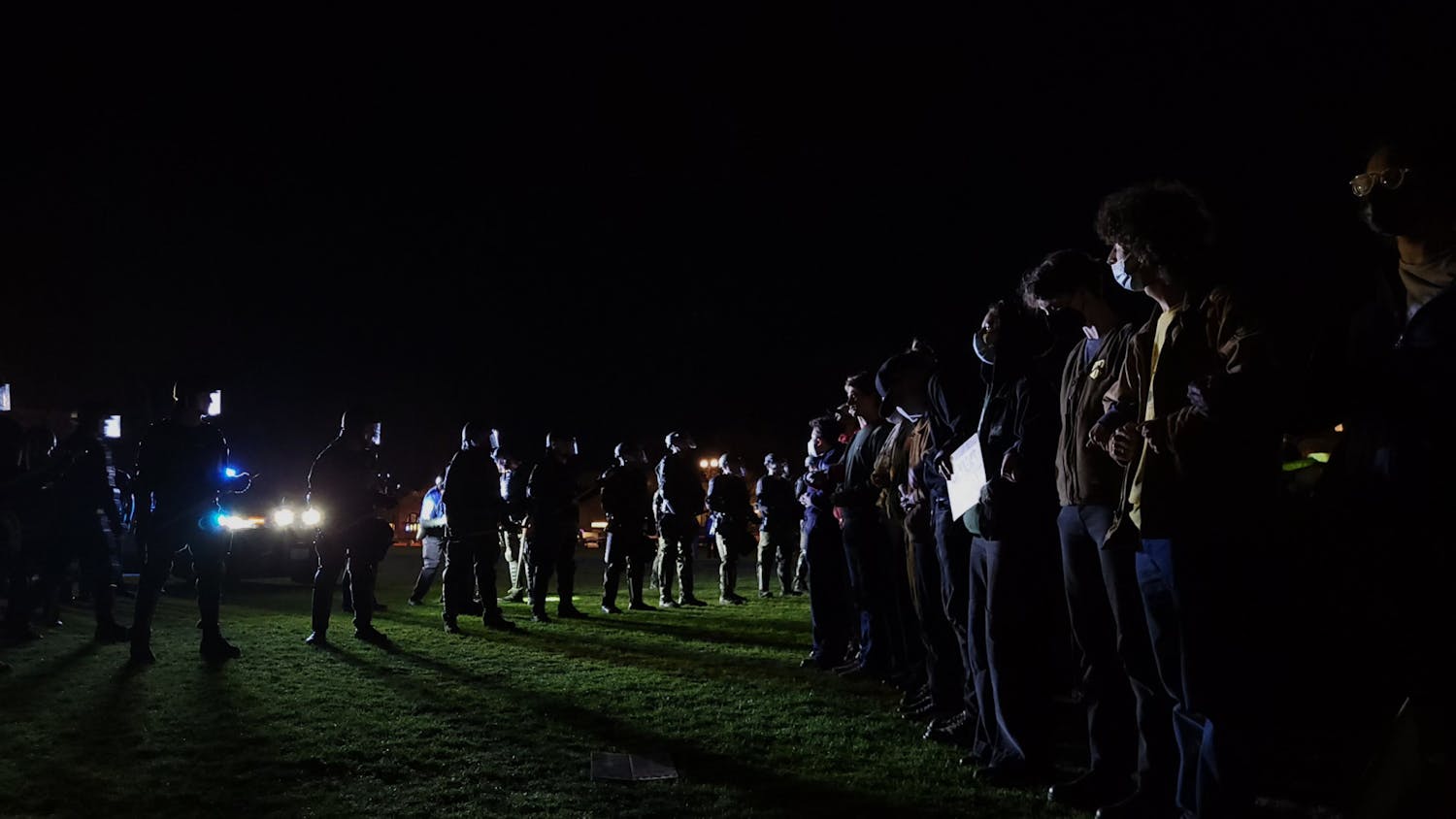Occasionally missing class or falling asleep during lecture are minor infractions that all students have been guilty of at one point or another. Usually, it's not a big deal and such incidents are put out of mind without a second thought. But what about walking out during the middle of a lecture or harassing a professor with rude, incessant e-mails? Is that going too far?
These are the types of issues that have recently been brought up by op-eds in The Dartmouth ("Professors' Mortal Sins," Feb. 15) and by an article in The New York Times ("To: Professor@University.edu Subject: Why It's All About Me," Feb. 21). The Times' article in particular chronicles numerous instances in which college students have crossed the line of academic propriety by making unreasonable demands on their professors and sending them overly informal or inappropriate e-mails. These instances and others reveal a widespread and somewhat disturbing trend in our schools: students are displaying an increasing lack of respect for their professors and their classes.
Even in the ivory towers of the Ivy League, professors are rarely seen as revered intellectuals anymore. Rather, they have become commodities that students purchase with their tuition dollars and use for their own personal ends. A few quick calculations will reveal that an hour of lecture at Dartmouth will cost you roughly $100. Most students will think to themselves, "That's a lot of money. That lecture better be worth it!" And rightly so. After all, college is expensive and we want the most bang for the buck, right? The problem is that this often results in an unfounded sense of entitlement among students. We feel cheated when we get a professor that doesn't quite meet our expectations, or get placed in a class section that we didn't want. We always feel we deserve better for the money we are paying and when we don't get it, we tend to lose respect and abandon academic etiquette by skipping class and zoning out.
Not only is this trend detrimental as far as our grades are concerned, it also betrays a lack of appreciation for the privilege of a Dartmouth education. This kind of mindset only perpetuates the feeling among students that our professors "owe" us something (whether it be spectacular lectures, entertaining classes, or a decent grading curve) when it is really we that owe them our attention and effort.
You may be wondering, "Why should I respect a professor who can't even keep me awake, let alone teach the subject?" Sometimes it's easy to forget that we bear the burden of our own educations. Professors are here to assist us along the way, but the path of education is ultimately ours to forge, not theirs. It is all too easy to simply place the blame on them when things are not going well and use that to justify our lack of deference. Admittedly, some of the professors here are clearly better than others when it comes to teaching ability. But nevertheless, they are here to help us and deserve a certain degree of respect.
That professors are no longer perceived as authorities might have something to do with the fact that they are so much more accessible to students nowadays than they used to be. Contacting a professor is as simple as sending a Blitz and office hours provide the opportunity for an informal chat. On the one hand, this greater accessibility goes a long way in fostering strong student-teacher relationships and in making the learning environment more open and efficient. On the other hand, it may also have helped to blur the line that separates us as students from professors as authority figures.
This phenomenon is not the fault of any one particular school or group of people, but rather is indicative of a larger cultural problem. Teachers and educators are simply not respected figures in our society. News articles in the past few years have been replete with countless stories of students, some of them young children, harassing and even physically attacking their teachers. Gone are the days when educators occupied lofty positions as respected figures of knowledge and learning. And while outrageous incidents of violence probably apply only to a few atypical, problematic troublemakers and not to the majority of students, it is nevertheless indicative of a broader trend in our society -- one that devalues the institution of education and the teachers who comprise it.
The fact that students at Dartmouth value education almost goes without saying. Even so, it seems that we are also partially guilty for not showing as much respect to our professors as we should.


